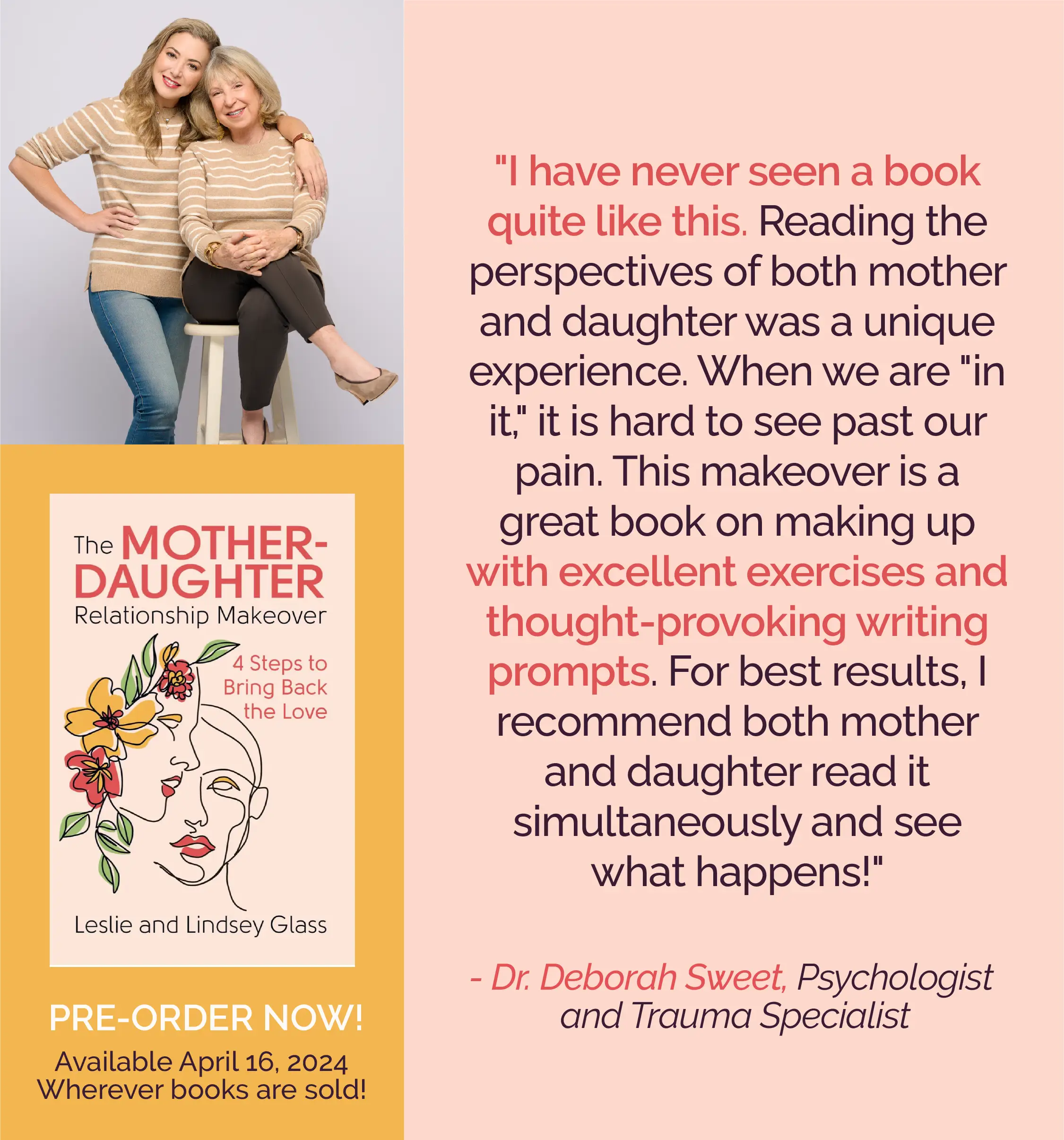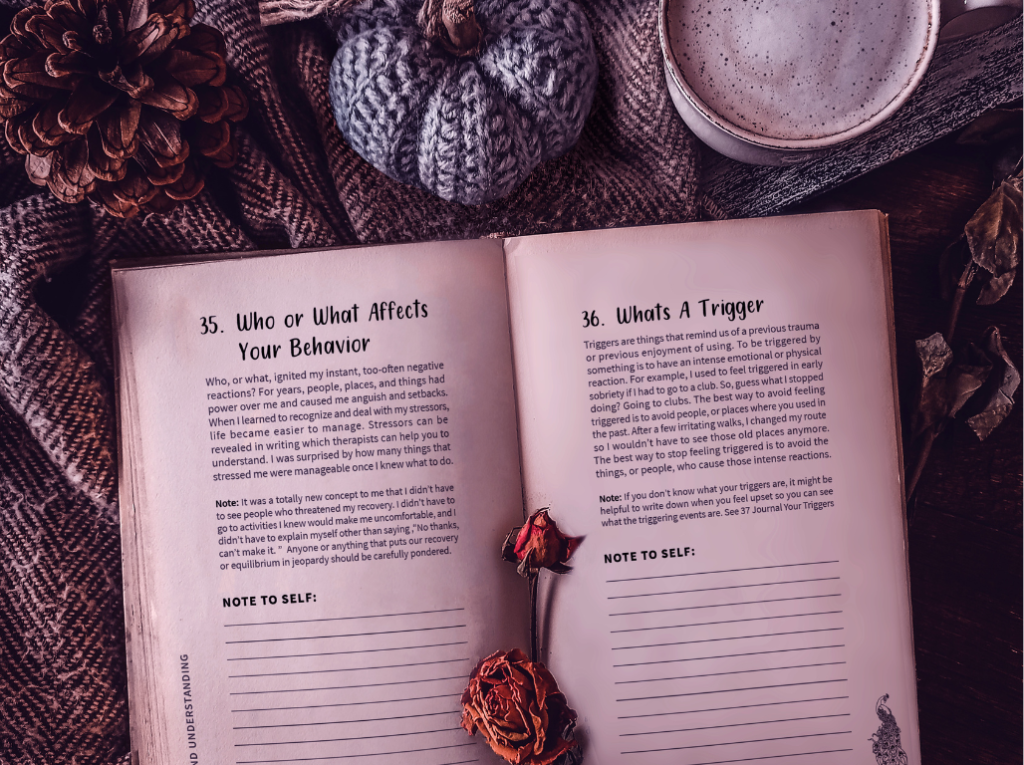If You Spend A Lot Of Time Overthinking Every Little Thing You May Want Relief
I know a lot about overthinking because it used to be a real problem for me. I’d replay events of the day, conversations I’d had, things that happened at work, at home, and on and on. The problem is, overthinking rarely leads to a good outcome or calms nerves. But, before we talk about how to stop overthinking, let’s define it.
What Is Overthinking
Is overthinking a mental health problem? Overthinking can be a warning sign of depression or anxiety. It can also be a natural result of wanting to solve problems. Do you worry about worrying? You’re not alone. It’s human to worry, especially in this time of political upheaval and Covid 19. Here are some things you may be worrying about right now.
Are we going to be all right? Will we get our country on track again? Is it safe to send your children back to school? It’s normal to have those concerns. When you constantly brood on past events and get stuck in old grievances or can’t make a simple decision, however, overthinking can impact your mental health. Mental health definition, of course, is your ability to feel good, have healthy relationships, and work productively. Here are 7 Overthinking traps and tips to escape them.
Indecisive Overthinking
Can’t make a decision? Here’s an example. Say you’re ecstatic about getting married next year but brood about the details so much that even your fiancé is exasperated. Overthinking is the difference between getting all your choices together and deciding and… well, not deciding, but rather having an endless debate about the same things. You could write a book, plant a garden, save the world in the time you let tiny details take up residence in your head. People who have trouble making decisions are often overthinkers. They endlessly debate the pros and cons of everything.
Solutions
- Set a timeline for every decision you have to make
- Gather your information
- Seek the advice of loved ones
- Divert your attention by giving yourself something new to decide on once this decision is made
- Make your decision and move on to the new project. This gives you something new to worry about.
Brooding About Procrastination
We all put off what we don’t want to do. Not everything is fun. Do you rush to do the things you struggle with or just don’t like? Of course, you don’t. Some things we just don’t like to do and put them off. This is procrastination, but it doesn’t mean we don’t think about them. If you’re an overthinker who dwells on unfinished tasks, it keeps you feeling bad about yourself. You can’t check items off your to-do list and say, “done.” What can you do about the brooding and the unfinished tasks?
Solutions
A lot of practice is needed to stop procrastinating and just set a deadline. If you’re procrastinating because it’s a lifetime habit, writing down a date for completion might help to get it done. But setting a date might not help. When your secret intention is simply not to do it, therapy might be needed to move you along.
When Overthinking About Failed Goals Annoys Others
Do you go over the same wishes or problems that need to be solved with everyone you know? You’re telegraphing your overthinking to others and causing them anxiety because they can’t help you and can’t stop you from talking about it. This kind of overthinking is not task-oriented in terms of things you need to do but rather things you can’t get done, hearing about it over and over can irritate others.
You think obsessively about wanting to lose weight, exercise more, make better food choices, resolve relationships, get the leaves raked, or just accomplish something. Both the wish and failure to act make you feel horrible. And then you talk endlessly about wanting to do it, should do it, and don’t do it. What can you do about these repetitions of failed goals.
Solutions
- Give yourself goals you can accomplish: read a book, do the laundry, do something for a friend. Go to a movie. Distract yourself in a good way. You won’t lose weight by obsessing about it, so do something else. Really. Get in the habit of giving yourself goals you can fulfill.
- Find new topics to talk about with your friends and family.
When Overthinking Is System Justifying
This is what’s happening with politics right now. When someone develops negative thinking, say in the political arena, overthinking can fuel passion and prevent people from finding common ground. No examples are needed here. We know how what systems justifying is. It means you think your system of belief (religion, political party, cultural affiliation) is the only one, and you will do anything to make others feel as you do.
In this kind of overthinking, facts don’t matter, and core issues don’t matter. You can listen to and think only about your system of belief. Overthinking and bullying in the political arena is a deeply distressing daily challenge because there is no unity, compassion, or kindness. Only the desire to win others over or beat them up.
Solution
Take deep breaths every day, and do something productive. What can you do about it. When reading up and getting the truth is not your way. Imagine this.
- Obsessing to justify your position or to stoke your rage simply hurts everyone
- Do something practical. Volunteer and help whatever cause you believe in
- Find another subject or hobby for discussion with friends
Overthinking When You Can’t Stop Grieving
It’s one thing in that first year after a divorce or death of a loved one to feel the feelings and think about them every day. Grieving is important. You need to feel the feelings. Humans have feelings, so it’s all right to mourn a loved one, a relationship, employment, and so many other things that may have gone wrong in your life. Some people watch the same movie over and over to help them grieve.
But if five years later, you’re still thinking the same thoughts and can’t move on, you’re a grieving overthinker. Help is called for to get unstuck and move forward. In the continuous cycle of mourning a loved one or someone whom you can’t help (like a substance addict), you are on a treadmill that goes nowhere. You may be an enabler, or codependent. In either case, you’re traveling on a train that’s stuck in a tunnel and you can’t see the light of day.
Overthinking Solutions
- Get some help. Find a Therapist
- Help someone in need who can be helped instead of someone who resists your help. Reach out and focus your mind on something outside of you
- Do something to improve the lives of others
- Read a book
- Return to the things you used to love and get involved with them again
There’s a Reason For The Sadness Habit
Overthinking May Well Mean You Can’t Let Go
Ever hear someone tell you to let it go, but you keep raging, hurting, and worrying about the same thing? Say you’re angry at a sibling and dwell on an event from the past in such a way that rage bubbles up frequently, keeping you in a state of constant hyperreactivity. You keep remembering the words, the way it happened, and the humiliation or rage you felt. There’s a case you’ve built against that person and you keep embellishing it until you live in a city of grievances and angry thoughts. And you’re triggered all the time. This can also be the result of childhood traumas or things your parents or teachers told you that damaged your feelings of self-worth. You need to let go.
solutions
- Limit time with those who have hurt you. This can be difficult with family members, but separation can start the healing process. If your tormentors are no longer in your life, it’s the perfect time to start focusing on those positive people who are in your life.
- When you volunteer or help others, you will find positive experiences and friendships that can replace and lessen the disappointments from the past. The reality about your good qualities can slowly ease the pain of the past.
- Imagine yourself without the grievances, would it make you a happier person
- Awareness of the issues inside of you (not the other person) may help you move on
Brooding About Abusive Relationships
Here is where taking action, not just thinking about it, is necessary, If someone is hurting you, either physically or emotionally, or hurting your children, you need to acknowledge it and get help. Is your abuser a narcissist who gaslights you? In that case, your thinking and talking about it won’t help. Someone in your life may have a substance use addiction or other behavioral disorders. Don’t spend your time worrying that you’re crazy. The abuse cycle is a real thing that will only worsen. You need to get help, even if it’s just to accept what’s happening and to make a plan. It’s difficult to accept that someone you love is hurting you. It’s difficult to make the decision to get away. It’s even harder to actually take the step.
- Tell your family and friends. This is the time to talk and not stay silent. You need to protect yourself by letting others know the danger
- Get a therapists
- If you’re in immediate danger call the domestic violence hotline
- check our Al-anon
Overthinking With No Purpose At All
This is just the broken record phenomenon. You’re in the habit of brooding for no particular reason, or all of the above. Remember broken records, when the needle was caught on a scratch? Now, we might think of overthinking as a road to nowhere, or something like a gif that plays the same thing over and over. Most people don’t overthink their accomplishments, gratitude, wonderful relationships with others, and successes at work. Instead, on a more negative track, their focus and thought repetitions tend to reinforce feelings of insecurity, poor self-esteem, helplessness, or anger. What can you do to stop obsessing about things you can’t control?
Solutions
- About politics: I hit the pause button on social media and watching the news
- About work: I give myself timeouts. After 6 PM On Weekends, I do something I like that makes me feel good. I admit I do like TV
- Refocusing the brain—I learn new things. I read a lot. I cook something every day. I walk outside. I will get back to playing the piano again soon. I promise.
Check Out Our New Book 
Check Out 100 Tips For Growing Up























